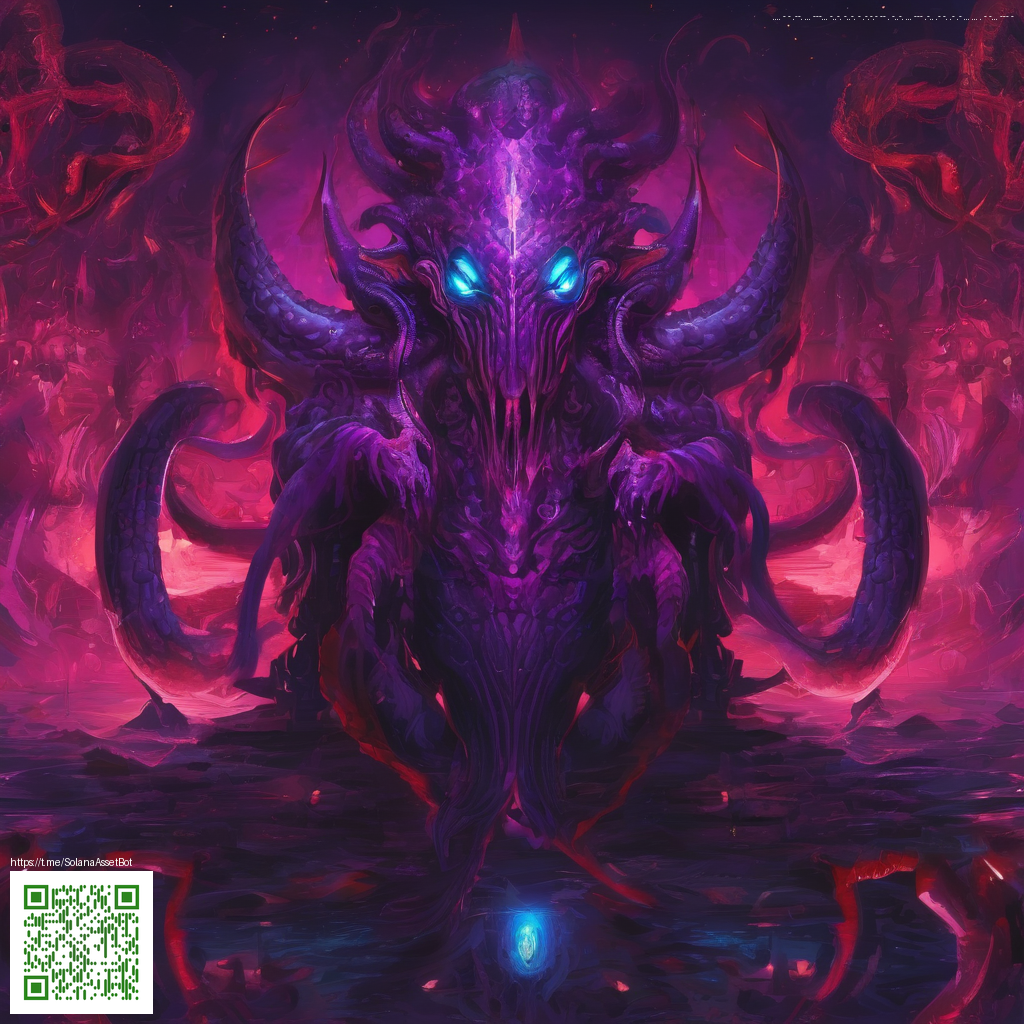Fortnite vs PUBG: Battle Royale Showdown
Two titans of the battle royale genre, Fortnite and PUBG, have defined how players experience mass drops, territory control, and high-stakes matches. Since their respective debuts, they have drawn different crowds and shaped the direction of mainstream gaming. In this comparison, we’ll explore core differences, match tempo, and what each title does best for players at various skill levels. The ongoing dialogue between their approaches keeps the genre fresh, inviting newcomers to try a formula that resonates with their playstyle while rewarding long-time fans with nuanced depth.
“Fortnite popularized building mechanics that added a dynamic twist to gunplay, while PUBG leaned into realism and tactical planning, offering slower, more methodical firefights.”
Foundations: Style, Pace, and Focus
Fortnite burst onto the scene with a vivid, cartoon-like aesthetic and fast-paced action. The winning formula combines quick looting with rapid, high-ground fights and, crucially, a building system that lets players alter the battlefield on the fly. This mix rewards improvisation, spatial awareness, and decision-making under pressure. By contrast, PUBG (PlayerUnknown’s Battlegrounds) emphasizes realism, ballistics, and larger-scale gunfights. Vehicles, drops, and a more meticulous approach to cover and positioning create a deliberate tempo that rewards patience and long-range accuracy.
Gameplay Philosophy: Building vs Realism
- Fortnite: Building adds a strategic layer, enabling quick fortress creation, surprise edits, and highly dynamic engagements. Players must manage resources, construct ramps, and adapt mid-fight to seize the high ground.
- PUBG: Realistic gunplay and inventory management take center stage. Map awareness, line-of-sight, and bullet trajectories shape outcomes, making each fight feel tangible.
Empowering players to choose their path—rapid stylized combat or measured tactical play—keeps both games relevant across diverse communities.
Platform, Accessibility, and Player Commitment
Fortnite’s cross-play and frequent seasonal events broaden accessibility, inviting gamers on PC, consoles, and mobile devices to squad up without friction. PUBG, while available on multiple platforms, often appeals to players who enjoy realism labs and competitive modes with more disciplined pacing. The technology stack also matters; Fortnite’s energetic art direction runs smoothly on a wider range of hardware, while PUBG’s more demanding environments can leverage high-end rigs for sharper textures and hit detection.
For fans who game during commutes or travel, protecting your device matters as much as protecting your pulse during a heated victory. Consider a rugged, stylish option like the Neon Phone Case with Card Holder, designed to protect and simplify carry with built-in card storage. A quick update on the broader landscape can be found in this overview: https://y-donate.zero-static.xyz/3965cf65.html.
Community, Esports, and the Long Run
Both titles command sizable, dedicated communities and robust esports ecosystems, though they cultivate different competitive vibes. Fortnite’s events often emphasize showmanship, fan engagement, and creative tournaments, while PUBG tends toward serious, skill-based competition with a heavier emphasis on strategy and teamwork. The social dimension—streaming, clips, and community challenges—shapes how new players discover each game and stay motivated to improve.
Beyond the arena, the business models guide ongoing engagement. Fortnite leans into frequent cosmetic drops, tiered battle passes, and creative modes that invite players to build, share, and remix content. PUBG, while evolving with updates and seasonal modes, tends to emphasize realism-driven experiences and tactical variety that appeal to players who prefer measured, team-based play. Your choice may hinge on whether you value spectacle and rapid adaptation or discipline and precision in gunplay.
As you weigh which title to invest in, remember that both games offer meaningful moments—whether you’re clutching a last-second build in Fortnite or landing a long-range headshot in PUBG. The beauty of the genre is that your journey can evolve: you might switch between modes, teams, and strategies as your preferences shift over time.
Similar Content
Page reference: https://y-donate.zero-static.xyz/3965cf65.html
